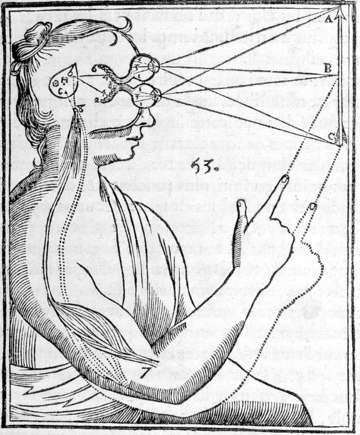Critical Visualization

This network was funded from June 2016 - June 2018.
Visualization is proving to be a key part of research, dissemination, and teaching in the Humanities, supporting innovative endeavours ranging from virtual reconstructions of ancient cityscapes, through analysis of historical, cultural, and social networks, to the use of pattern recognition techniques for searches of image databanks. The process of creating visualizations involves data collection as much as remediation, processing, and interpretation of the data; yet a visualization is often perceived as a way to present and create knowledge that "simply" makes it more accessible.
This network proposed to critically explore the foundations, practices, and impacts of visualization, as much from a technological perspective as from a cognitive point of view, reflecting upon questions such as: what are the pros and cons of photo-realistic renditions? What cognitive assumptions do visualizations rely upon? How might one go about encouraging critical viewing as a means of thinking critically about data re-mediation and re-presentation, about visual (and non-textual) data? Is such “critical viewing” desirable, and in what contexts?
Exploring these questions, we sought to foster interdisciplinary resonances and commonalities alongside cordial and generative disagreement that would repay further debate.
This network intended to support this multidisciplinary exploration, creating a space for sharing and critical discussion of understandings and practices across a range of cross-divisional disciplines.
Our ambition was to work towards developing Critical Visualization as a field, with a shared vocabulary for exploring "the visual", particularly in a digital context. We hoped to further enable new practices and lenses on teaching, learning, research, and public engagement.
Photo source and credit: Illustration from: René Descartes, "L'homme ... et un traitté de la formation du fœtus. Du mesme autheur / Avec les remarques de Louys de la Forge ... sur le traitté de l'homme.” Paris : Charles Angot, 1664, p81.
This file comes from Wellcome Images, a website operated by Wellcome Trust, a global charitable foundation based in the United Kingdom. (This file is licensed under the Creative Commons Attribution 4.0 International license)
Contact:
Segolene Tarte
Pip Willcox
Erin Young
Convenors:
Segolene Taerte
Pip Wilcox
Erin Young
Alex Butterworth
Critical Vizualisation

Questions, comments, reactions
Discussion: planning the future of the network


